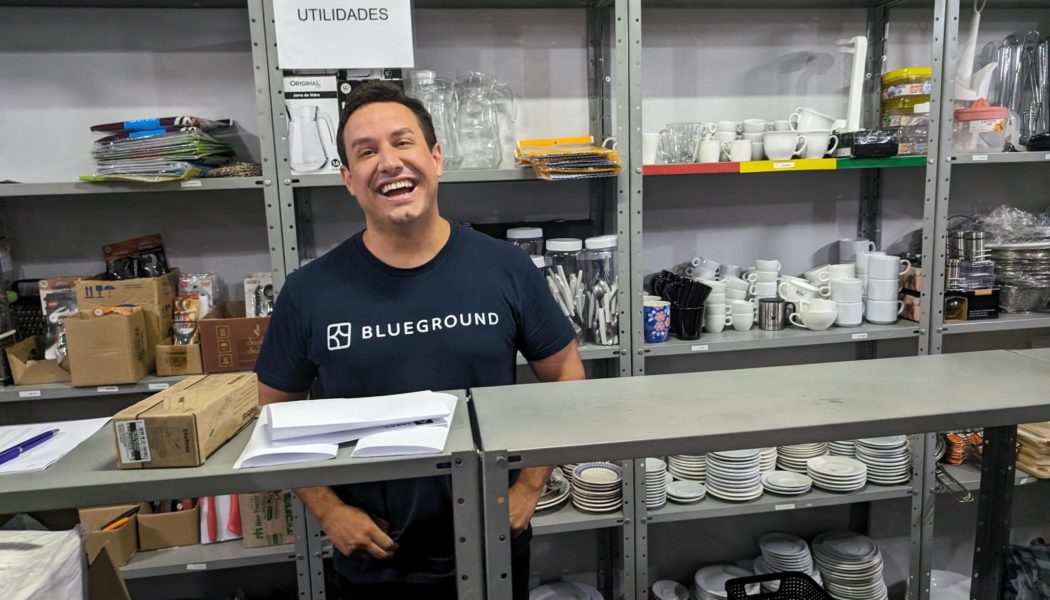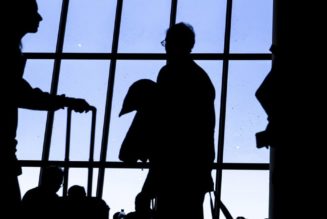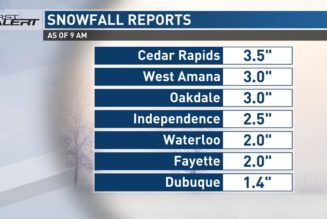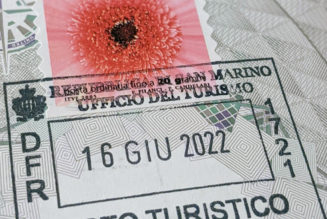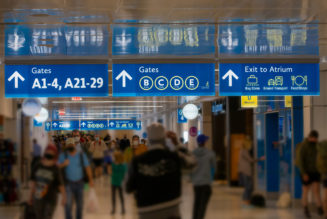
When you rent an apartment from Tabas by Blueground in São Paulo, get ready to be screened.
First, you’ll fill out forms with your home address and other personal data. Next, you’ll have to send the company an image of your passport. Then they’ll need a selfie with you and your passport.
A selfie? Yes, a selfie.
“We need to make sure it’s really you,” explains Leonardo Morgatto, a CEO of Tabas by Blueground, a company that specializes in furnished rentals.
Morgatto says the company then runs a background check to make sure you’re not a security risk. It’s not just for the apartment’s owners, who want to make sure they’re getting well-behaved guests. The other guests want to know they’re in a safe building, too.
Tabas by Blueground’s security precautions are part of a new emphasis on security in travel in 2024, particularly the lodging industry. Safety is now a top concern among visitors, and hotels and rentals are meeting the demand with everything from detailed security information to digital locks.
Travelers are more concerned about security than they have in years — and perhaps ever.
Why travelers are concerned about safety in 2024
It turns out travelers have been thinking about safety a lot lately.
Civil unrest and terrorism are travelers’ leading fears, according to the latest Global Rescue Traveler Sentiment and Safety Survey. Those worries surpassed accidents or injuries for the first time, marking a dramatic attitudinal shift among travelers.
“We’re seeing an understandable increase in traveler concern worldwide,” says Dan Richards, CEO of The Global Rescue Companies, a provider of medical, security, and evacuation services. The Middle East conflict, the latest air travel incidents and overall global instability are stoking travelers’ fears, according to experts.
Those have fueled the growth of travel companies that are stepping up their security activities, including Tabas by Blueground.
“They want to make sure we’re renting to vetted clients,” says Morgatto. In a place like Brazil, security is taken to the next level. In São Paulo, high walls surround apartments, businesses and parks. Many neighborhoods are perfectly safe for pedestrians, but if you wander around the city you can easily end up in a place that is less safe for tourists.
Morgatto says about 15% of his customers are international visitors, and they want peace of mind when they come to South America’s largest city. The passport selfies, the forms and the guards all add up to keeping visitors secure. He says before implementing the selfie rule, some renters would send someone else’s passport photo and invariably, there would be complaints about these guests’ behavior.
“Lately,” he adds, “we’ve had almost no complaints.”
Travel companies are leaving nothing to chance when it comes to security.
What kind of security features are travel companies adding?
Improving safety started during the pandemic, when travelers were so concerned with their health that they simply stayed home. Now safety is part of almost every travel plan.
Adding digital keys
Security is a pressing concern among travelers in 2024, according to Syed Lateef, CEO of a short-term rental and hotel services company in Chicago. One fix: switching to a digital room key. “Guests prefer to get into their rooms using their phones or other digital gadgets,” he explains. “Digital keys are safer because if they get lost or stolen, we can just turn them off.”
Enhanced safety information
Hotel guests are eager for actionable security information. So platforms like RatePunk have added more information. “We noticed how often travelers research safety-related things before booking a hotel in another city,” says RatePunk’s CEO, Justin Albertynas. “That encouraged us to implement a new ‘safety around property’ feature.” The new enhancement includes the overall safety index from six safety categories and the crime index around the property. Albertynas says this column has been gaining the most traction from its website visitors.
A screenshot of RatePunk’s Overall Crime Index.
RatePunk derives its security features from Numbeo, a crowdsourced provider of quality-of-life information. It also draws from data in a global distribution system and a hotel’s Google reviews.
RatePunk’s Safety Information section from its website.
Travel advisors are becoming security experts, too
Another interesting development: Travel advisors who used to concern themselves more with amenities or finding a low price are now doubling as security experts. At least that’s the impression you get from talking to Christopher Bellot, a travel advisor with OvationNetwork.
He says more of his clients have been asking him to find safe accommodations. By “safe” they mean verifying that hotel elevators are key controlled and only accessible to guests.
“This is particularly important to high net worth individuals, as well as those traveling with children,” he says. “We often will work with the hotel and their security team to curate a suite location that is both convenient and secure.”
Often, that includes a double entrance, which means a foyer that can be locked off so that staff and fellow guests do not have physical access to — and sometimes cannot even see — the entry door to the suite.
The entrance of the Renata Edifício Vila Buarque in São Paulo.
How do you know if a hotel is safe?
Passport selfies. Digital locks. Key-controlled elevators. It’s enough to make you wonder what else a hotel or rental apartment should have.
Industry observers have seen a shift in standards in the recent past.
“For instance, I’ve seen hotels implementing biometric systems for access control, providing an extra layer of security,” says industry observer Amelia Thompson. “They are using advanced security cameras equipped with facial recognition technology.”
So what’s the minimum you should expect?
- Access control: Restricting guest access to rooms and floors through electronic keys or fobs helps prevent unauthorized entry and is absolutely essential.
- Advanced guest vetting: Passport selfies and criminal background checks are becoming common in areas where security is a concern.
- Cameras: Strategically placed security cameras may deter criminal activity. Hotels should have them in common areas like lobbies, corridors, and parking lots.
- Key-controlled elevators: Only guests should be able to access the floor on which their room is located. A keyed-off elevator is essential to security.
- On-site staff: Having an attentive and well-trained staff available around the clock can make guests feel safer. Look for hotels and apartments with a front desk, concierge, or security personnel.
- Safe deposit boxes: If you need to store valuables, ask about safe deposit boxes at the front desk or in your room. Some hotels may charge extra for this service.
Bottom line: If you’re concerned about security, make sure your next rental or hotel has 24/7 staff and basic security features like cameras and safe deposit boxes. Also look for behind-the-scenes security measures such as pre-stay guest vetting.
But the best security is also flexible. For example, Morgatto says some international guests balk when he asks for a passport selfie. So he finds other ways of checking their credentials. Colin Hannan, a principal at Proven Partners, a luxury real estate firm, says flexibility is especially important when you’re dealing with high net worth individuals.
“In an ultra-luxury villa, for instance, we provide guests with the option to turn security cameras off if they so desire,” he says. “It’s always best to be prepared to adapt in accordance with their wishes. And above all, discretion is everything.”
So whether you’re a wealthy traveler or just concerned about safety, do your research before you book — and be prepared to take a passport selfie.
